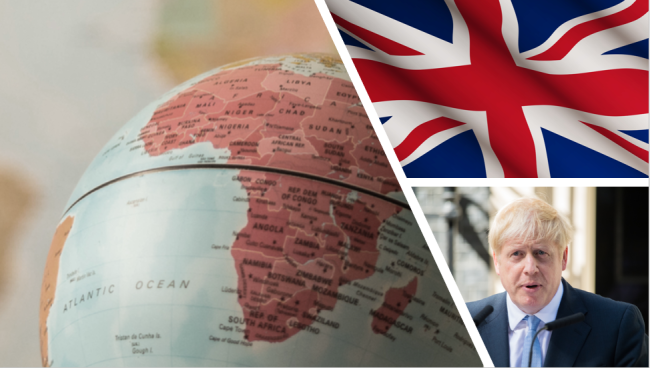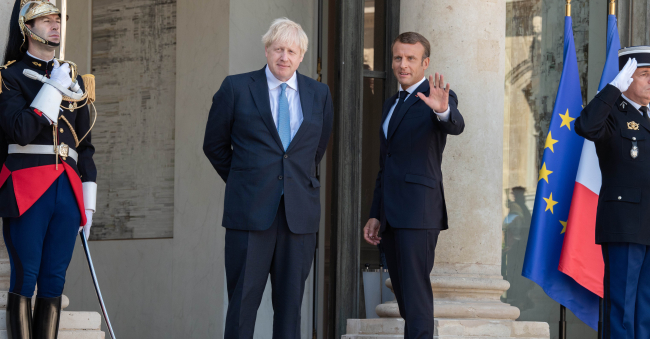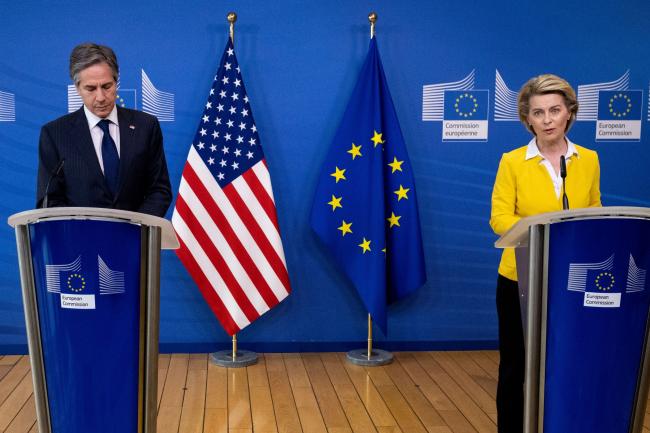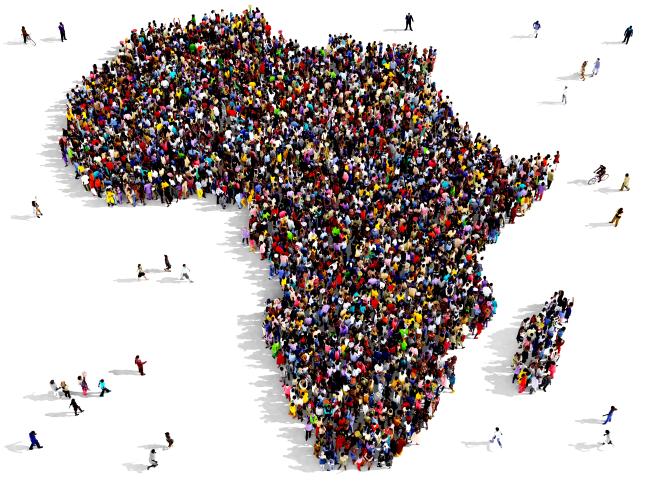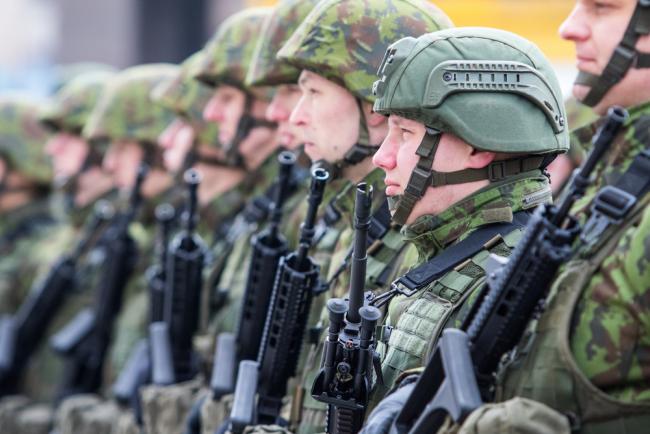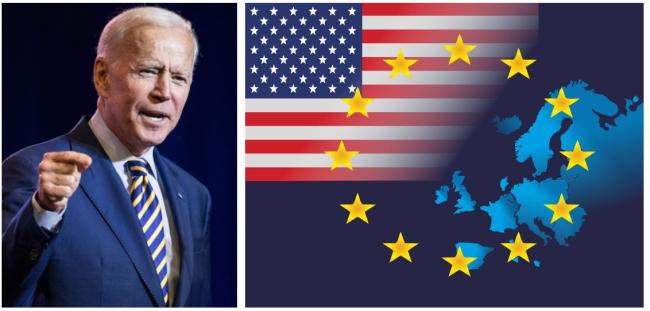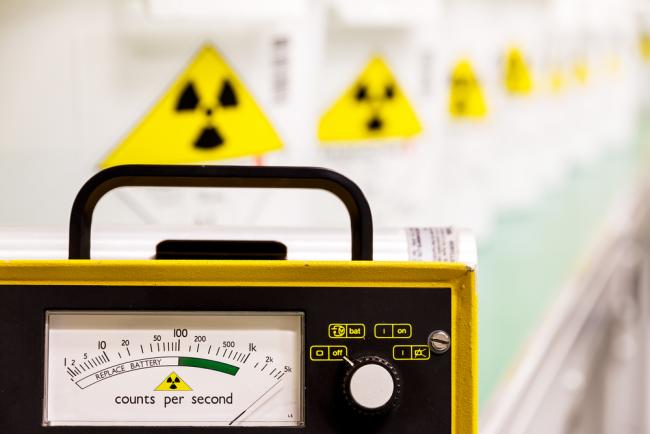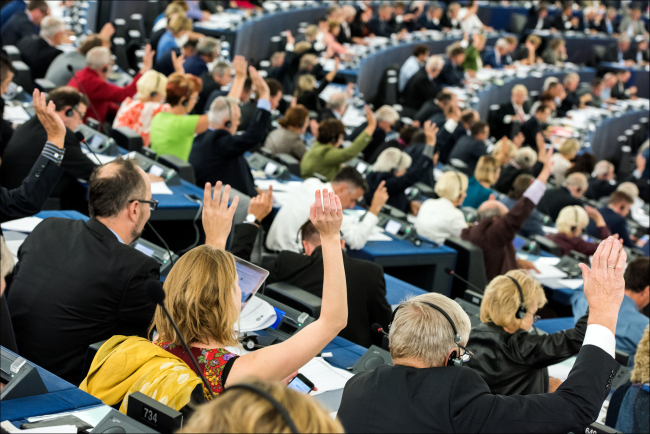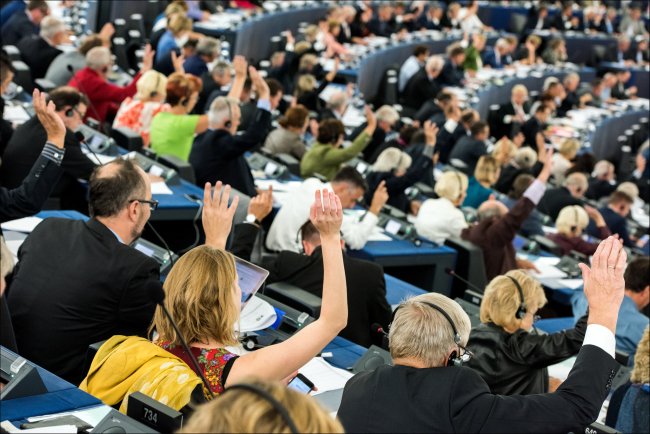Europe
Europe is described here in a geographical sense. It is not limited to the European Union, and includes, for example, the United Kingdom and the Balkans. It remains central to international relations.
Related Subjects

Opening up the G7 to South Korea to Address Contemporary Global Challenges

The G7’s global influence has diminished as powers like China reshape international governance through initiatives such as BRICS and the Shanghai Cooperation Organisation (SCO). With the G7 now representing just 10 per cent of the world’s population and 28 per cent of global GDP, its relevance is increasingly questioned.
Great Britain and Africa: Boris Johnson's Strategic Reversals
In 2020-2021, Prime Minister Boris Johnson undertook to fundamentally change the operational mode and strategy of relations between the United Kingdom and the African continent bequeathed by his predecessors since 1997.
Towards a strategic agenda for the E3. Opportunities and risks for France, Germany and the UK
This paper explores how the E3 format – involving France, Germany and the UK – might develop in response to the challenges presented by the UK’s departure from the EU. The paper outlines how the trilateral format has supported policymaking to date, most notably in dialogue on Iran’s nuclear programme.
Complementarity or Competition? Franco-British Cooperation and the European Horizon of French Defense Policy
What does future hold for the Franco-British defense partnership after Brexit?

China's Soft Power in Europe: Falling on Hard Times
Analysis from 17 countries and EU institutions reveals that Chinese soft power in Europe – defined as the ability to influence preferences through attraction or persuasion – has seen better days.
Europe in the Geopolitics of Technology: Connecting the Internal and External Dimensions
To respond to growing global competition, the EU has made notable progress on the internal dimension of technology policy over the past 3 years. It is now also seeking to adapt its foreign policy – from the transatlantic relationship to global partnerships – to technological challenges.
The US Mineral Independance Strategy : An All-Out Mobilization
The Trump administration has been very actively designing and implementing a new strategy for reliable supply of critical minerals which aims at reducing the country’s vulnerabilities and becoming a leader in this field.
The African Union’s Migration Agenda: An Alternative to European Priorities in Africa?
While migration from Africa is the priority of European policies for the control of the European Union’s external borders, African migration dynamics are above all regional. Sub-Saharan migration is poorly connected to transcontinental flows: more than 70% remain in Africa.
Collective Collapse or Resilience? European Defense Priorities in the Pandemic Era
To what extent has the COVID-19 pandemic affected defense priorities across Europe?
European Strategic Autonomy and the Biden Presidency
Some twenty international personalities from different horizons and backgrounds were asked to reflect on the impact of the Biden presidency for the future of European strategic autonomy.
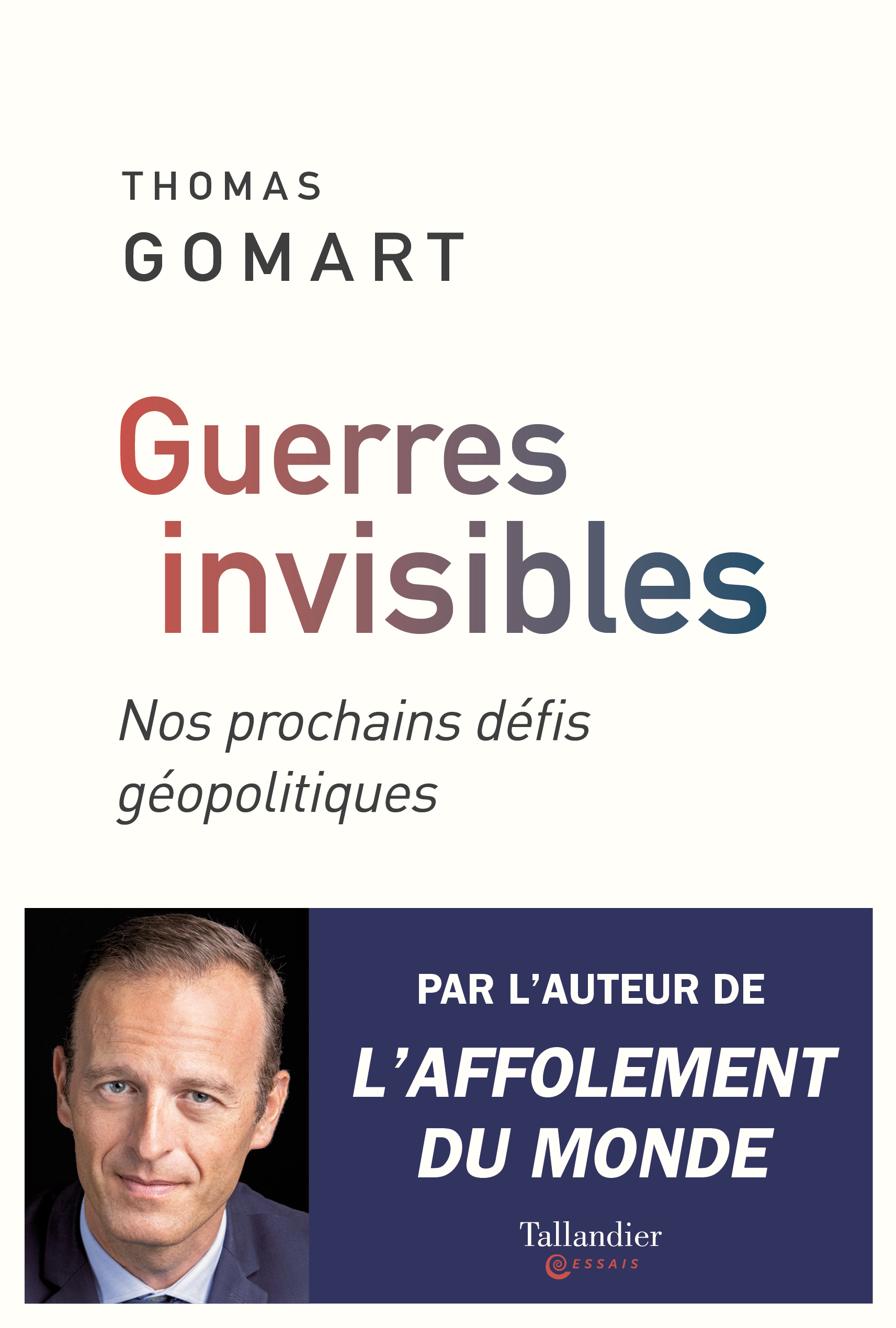
Guerres invisibles - Nos prochains défis géopolitiques
What are the next geopolitical challenges of the century? The global pandemic has altered the equilibrium between Asia and the West and sealed the rift between China and the United States, accentuating the world’s shift towards the East. On this polarized chessboard, two fault lines converge: environmental degradation and technological propagation where the main strategic and economic rivalries are now being played out.

The European Union in the Fog, Introduction.
The Building Bridges project looks at the national perspectives on the European Union. This publication gathers contributions from across the EU. It sheds light on Member States’ motivations to participate in the EU and views on its future. Accessible and analytical, this volume is an ideal reference guide for practitioners, experts, students and European citizens.
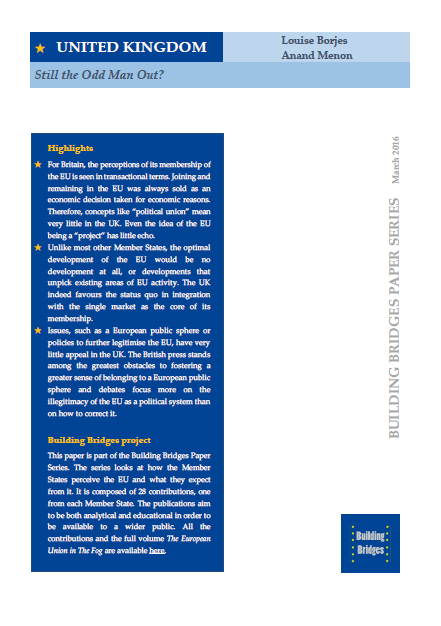
United Kingdom: Still the Odd Man Out?
For Britain, the perceptions of its membership of the EU is seen in transactional terms. Joining and remaining in the EU was always sold as an economic decision taken for economic reasons. Therefore, concepts like “political union” mean very little in the UK. Even the idea of the EU being a “project” has little echo.
Rushing to a deal on the UK could be ill-thought-out for the EU
The Challenges of Maintaining Nuclear Cultures : US and UK perspectives
After the world entered the nuclear age, civilian and military organizations have witnessed the slow emergence of nuclear cultures, defined as the set of values and knowledge, shared among the national security community, about the relative importance of nuclear weapons in the country’s defense posture, the distinctive features of nuclear weapons in terms of security, safety and operational requirements, and the workings of deterrence.
Visions of EU Reform - Written evidence to the House of Lords
Vivien Pertusot provided written evidence to the inquiry of the EU Select Committee of the UK's House of Lords on "Visions of EU Reform". This inquiry is organised in the context of the UK Government's renegotiation and future referendum on the EU.
China vs. USA: After South China Sea, the Arctic as a Second Act
The focus on the power confrontation between China and the U.S. has for a while been directed towards the South China Sea, but a focus should be given to the Arctic region, where the second act is already ongoing.
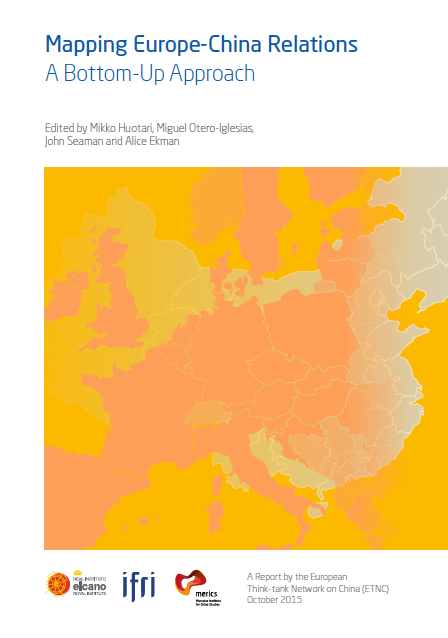
Mapping Europe-China Relations: A Bottom-Up Approach. A Report of the European Think-tank Network on China ETNC, October 2015
As China’s rise continues to shape and shake the course of international affairs, and Europe enters a new chapter in its collective history, Europe-China relations are becoming more relevant, but also much more complex.
EU Reform: Mapping out a state of flux
“EU Reform” is widely discussed across Europe but rarely defined. This report analyses how the 28 member states of the European Union understand “EU reform” and provides an insight into how their views might play out in debates on the future of the EU as well as on day-to-day politics.
European Defence: Minilateralism is not the enemy
To access the whole publication, please click on this link.
Space in a Changing Environment: a European Point of View
The development of European space activities has long been pursued under the framework of the European Space Agency and other national space agencies. More recently, the emergence of the European Union as a new actor for space has paved the way for a series of initiatives and opportunities.
Support independent French research
Ifri, a foundation recognized as being of public utility, relies largely on private donors – companies and individuals – to guarantee its sustainability and intellectual independence. Through their funding, donors help maintain the Institute's position among the world's leading think tanks. By benefiting from an internationally recognized network and expertise, donors refine their understanding of geopolitical risk and its consequences on global politics and the economy. In 2025, Ifri supports more than 80 French and foreign companies and organizations.







